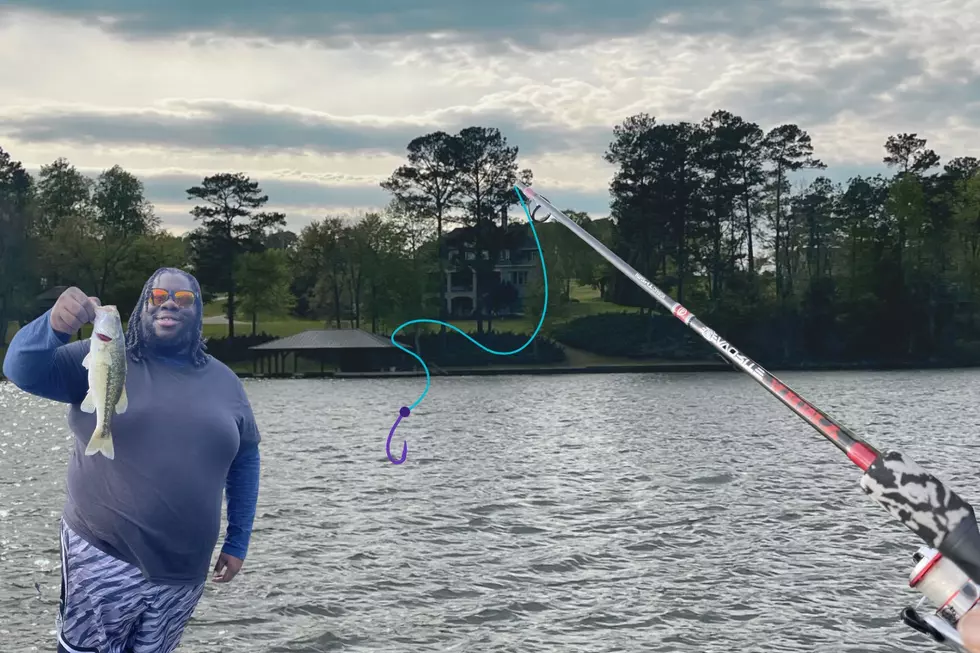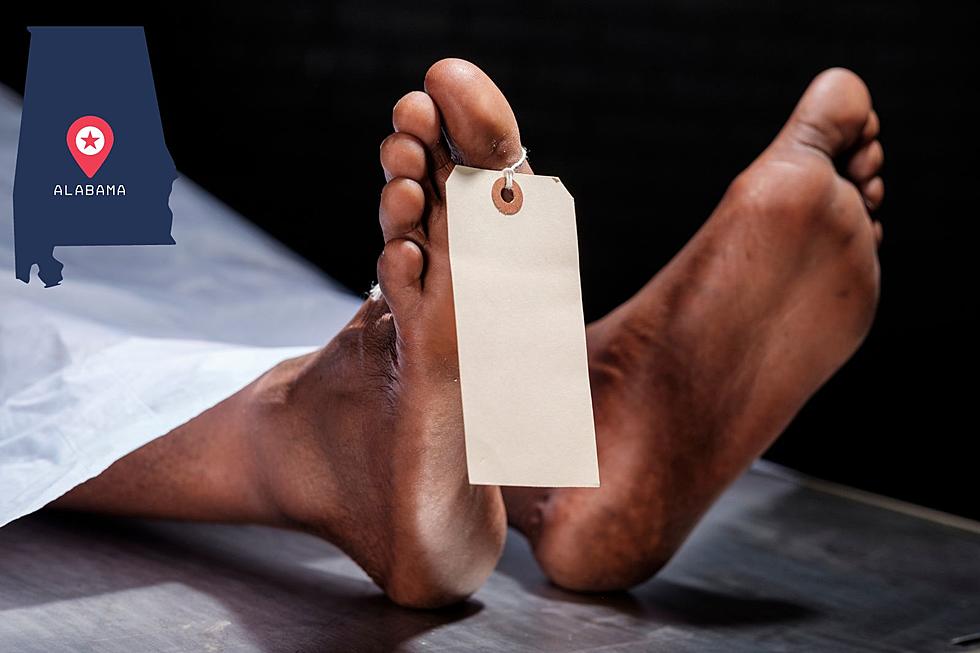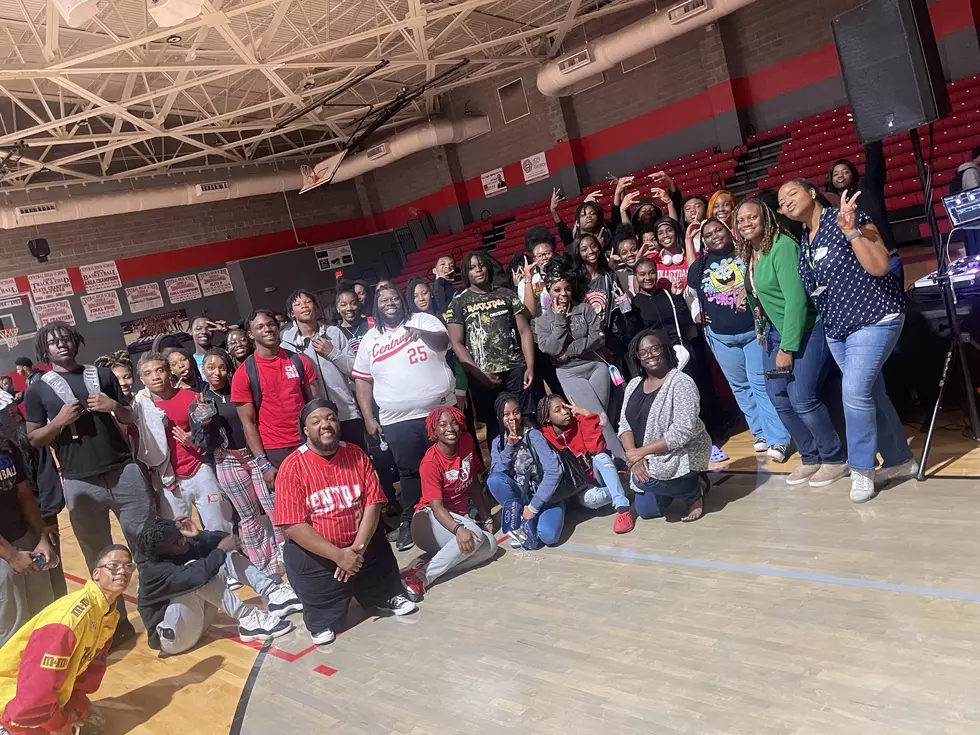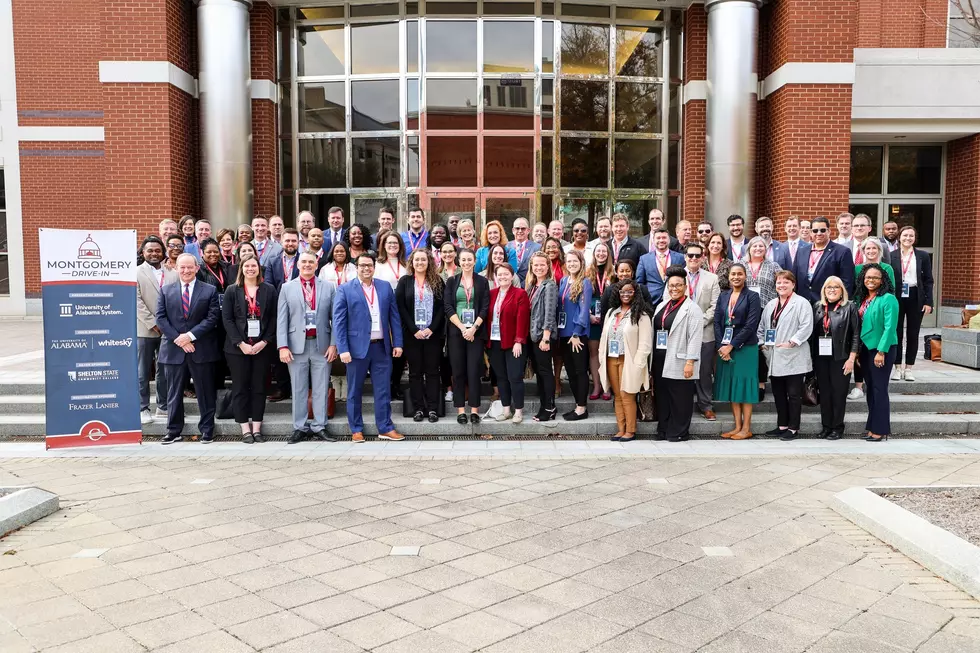
Thousands Of Human Remains Discovered At University Of Alabama Sites
*Sources: Native News Online and the Federal Register
In a jaw dropping report, published by the National Park Service, more than 10,000 human remains were excavated from sites owned by the University Of Alabama.

It was reported in a "Notice of Inventory Completion" published in the Federal Register, last week.
In addition, Native News Online, reported many aspects of the finding, which stated that the human remains are believed to be Native American and total 10,245, four times the population of Moundville, Alabama.
This is the largest discovery ever reported in a notice of this kind, according to the National Park Service.
According to Native News Online, in addition to the human remains, around 1,500 burial items from seven different tribes, were found and attempts will be made to return them to descendants.
The human remains and the objects were mostly excavated from Moundville on a site owned by the University of Alabama, and an adjacent location in Tuscaloosa and Hale counties reported Native News Online.
Those seven tribes have been trying to facilitate the return of these remains and cultural objects for more than a decade.
However, the University of Alabama has maintained that a link to these tribes could not be proved.
That all changed in November of 2021 after a federal committee found "overwhelming evidence" for a cultural affiliation, according to Native News Online.
The Native American Graves Protection and Repatriation Act told Native News Online that "once the University of Alabama agreed to culturally affiliate the remains and funerary objects they were required to submit the notice within six months".
Tribal reps declined the invitations to make a statement on the discovery of human remains.
Of course, thanks to the film "The Blind Side", most folks have heard about the more than a thousand skeletons curated inside the football stadium. The bodies are donated to the department, which then studies how they decompose at another facility known as "The Body Farm".
*This story includes sourcing from Native News Online and the Federal Register
Most Dangerous Alabama Animals That Could Kill You
Crimson Tide Will Anderson Jr. 90s Playlist
Alabama Crimson Tide All-Time Passing Leaders
More From 105.1 The Block







